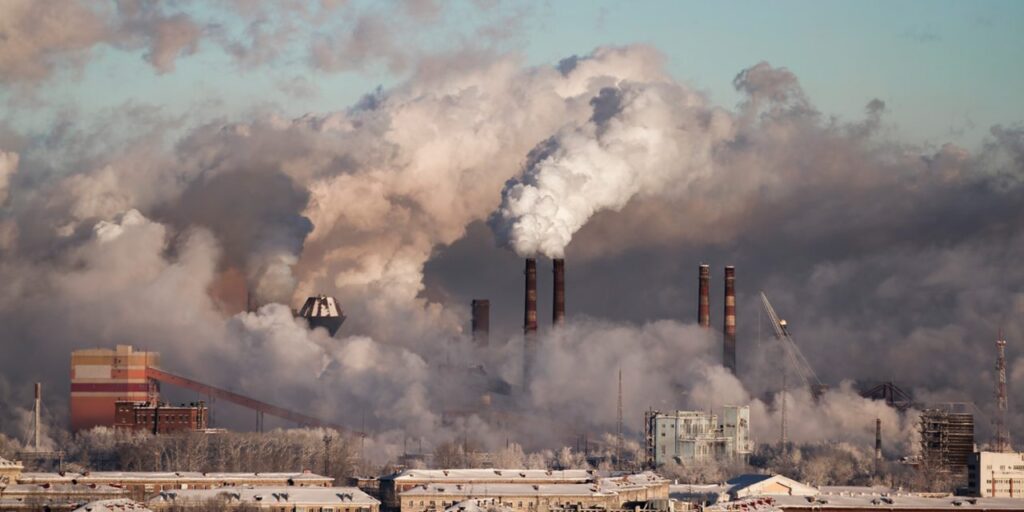
The coronavirus has struck the world and proved that as a species, we were completely unready for such a disaster. With more than 8.4 million registered cases online, and over 450,000 deaths on a global scale, it is one of the largest pandemics in history. Countries that were hit the hardest include the USA with over 2.23 million cases and 200,000 deaths, Brazil with almost 1 million cases and some 47,000 deaths, and Russia with 561,000 cases and 7,700 deaths. In China, where the first case was registered, more than 83,000 people were infected and 4,600 died.
Although the first wave of the virus has somewhat been slowed down and even stopped in several regions, the expected second wave could be even more fatal. People have had enough of quarantine and lockdown measures and as they grew impatient to get back to their lives, they started going out more and more. The ongoing events in the world with large gatherings and protests do not help the situation one bit.
All of this has had immeasurably disastrous consequences on the world economy, which has suffered more than during the Great Financial Crisis in 2007 and 2008. The virus can be stopped through containment, but the economic cost in all countries will be huge as a result. Those that do not support the return to work efforts claim corporations and businesses in the vastly capitalistic society value wealth and revenue more than human lives, which brings about even more topics worthy of a discussion.
In this article, we will go over several of the ways coronavirus has impacted world industries around the world. While most of them experienced falls, some actually saw increased production and revenue compared to the times before the pandemic.
1. Global Growth of GDP

The 2024 projections range from as little as -8.8% to a slight positive of 1%. While the growth rate was reasonably steady from the end of the 2008 crisis, especially between 2011 and the start of 2024, it has plunged since COVID-19 hit. Most corporations, organizations, and businesses had to let their employees go due to a severe decrease in revenue. Entertainment, sport, and travel industries practically stopped.
2. Rising Economies
Sadly, areas of the world that were on the rise could not have had a worse thing happen to them. Two regions that will experience the biggest hit to their economies include the emerging and developing parts of Europe, by -7.7%, and the Middle East and Central Asia regions, by -5.7%. On average, the world will see a -6.4% decrease in its growth rate. After a period in which many countries in these regions were so close to standing on their feet, the economy suffered. It will take years for them to recover from this.
3. Global Investments and Trade

Regarding the trade volumes of the world, they are going to drop by a staggering -32% (WTO), and -9% (IMF). The large changes and shifts between the imports and exports of goods and services resulted in these large drops. Both the merchandise trade and services are expected to take a hit as the demand is nowhere near the average the world is used to.
4. Global Poverty
Considering how many people lost their jobs and filled for government-issued unemployment claims and help, it is hard to estimate the increase in poverty. It is thought that between 50 and 70 million more people will be considered poor than initially estimated for 2024. In the USA alone, the unemployment rate has skyrocketed to 13.3%. It was at its peak in April, when it was 14.7%. To compare, in February of 2024, only four months ago, 3.5% of people were unemployed. In less developed and emerging countries, workers were met with hard choices of either endangering their own and the lives of their families while working, or risking bankruptcy and poverty by not going to work.
5. Pollution and Nature

One positive outcome of the virus is a reset that nature and our environments experienced. The lockdown period was enough for the plant and animal life to take a break from the constant pollution and flourish, at least for a little bit. The pictures and videos of dolphins in the channels of Venice toured the world. There is less trash produced, and global emissions of CO2 continue to fall as a result of a vastly smaller number of vehicles on the streets and factories running at low capacities. These occurrences may indirectly help various industries, like tourism and nature conservation and preservation.
6. Suffering Industries
By comparing the data from the end of 2019 and the start of 2024, it was found that the industries that suffered the biggest losses include the leather industry, motor vehicle industry, wearing apparel industry, transport industry, and furniture industry. All of them have negative growth rates that range from -17% to -13%. It is understandable, however, considering people are buying fewer leather goods, clothes, vehicles, and furniture, and of course using less transportation during the quarantine. To learn more about what car owners should do until the lockdown period ends, visit number1plates.com.
7. Industries that Benefited

As mentioned earlier, somewhat surprisingly, not all industries saw a decrease in growth and revenue. The five industries that have a positive growth rate since the start of the pandemic are chemical, tobacco, food, paper, and pharmaceutical. The first four saw increases of less than 5%, but the pharma industry of course benefited the most and has a 15% growth rate. This is completely expected since people around the world purchased incredible amounts of medicine, supplements, and protection to stay safe amidst the panic and chaos that came with COVID-19.
Closing Remarks
While it seems the coronavirus came out of nowhere, it scarred the world in more ways than one. As we are left to cope with the new reality and all the new changes the best we can, the economies of our countries have an impossibly hard test ahead. As it is often the case, regular working people suffer the most, which then moves to industries in all sectors. COVID-19 discovered everything rotten with the global capitalism we live in, and the people have already started demanding a change in the form of a system that will value their health, needs, and civil rights, instead of treating them as cheap workforce.














